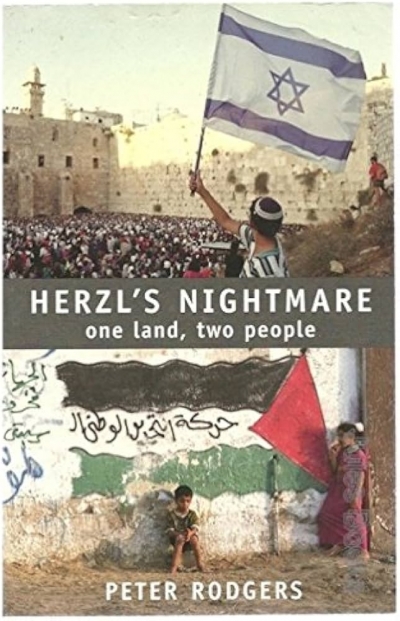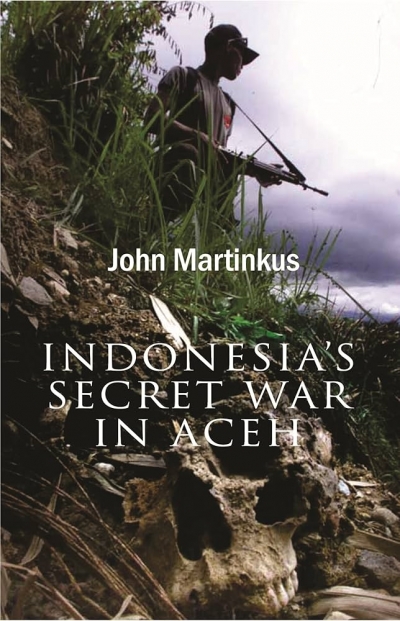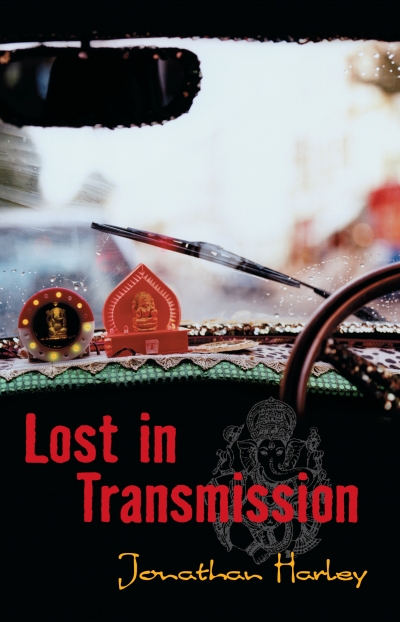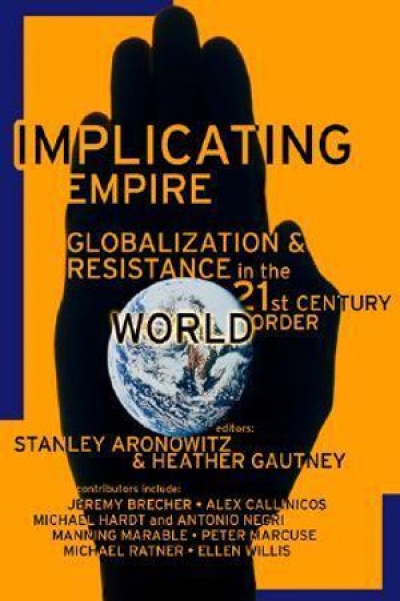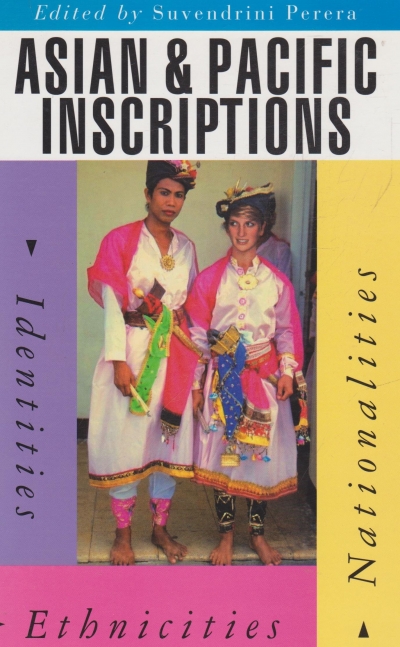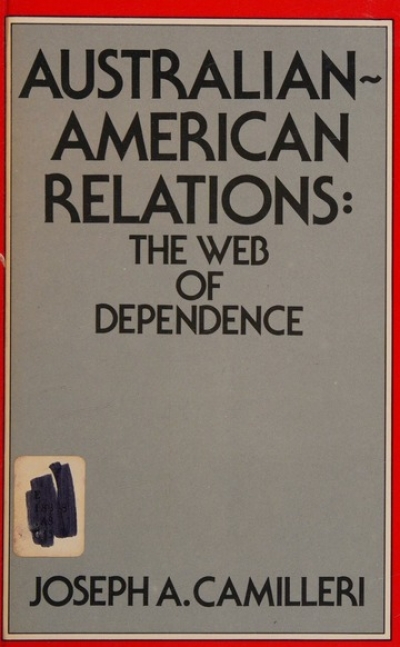International Studies
Indonesia’s War Over Aceh: Last stand on Mecca’s porch by Matthew Davies
by Damien Kingsbury •
Herzl's Nightmare: One land, two people by Peter Rodgers
by Colin Rubenstein •
Traveller's Tales edited by Trevor Bormann & Lost in Transmission by Jonathan Harley
by Morag Fraser •
Implicating Empire: Globalization and resistance in the 21st century world order edited by Stanley Aronowitz and Heather Gautney
by Peter Beilharz •
Asian and Pacific Inscriptions: Identities, ethnicities, nationalities edited by Suvendrini Perera
by Robin Gerster •
Kingdoms Come: Religion and politics in Brazil by Rowan Ireland
by Greg Dening •
Australian-American Relations: The Web of Dependence by Jospeh A. Camilleri
by Ralph Summy •



